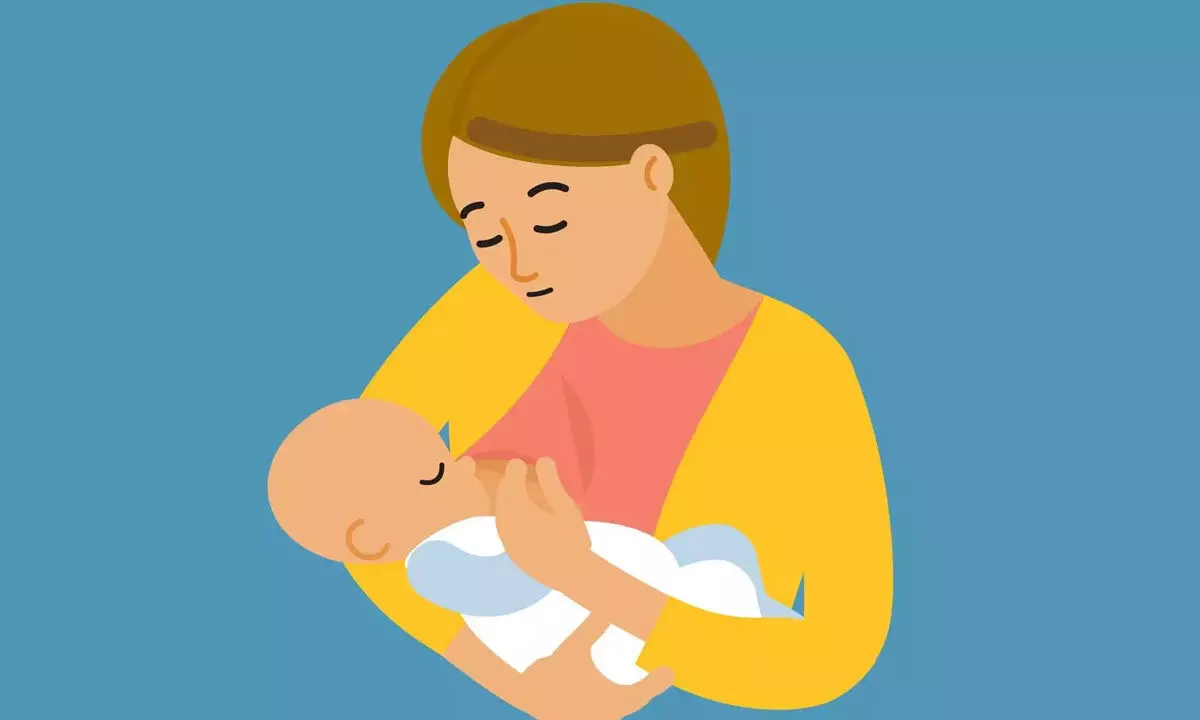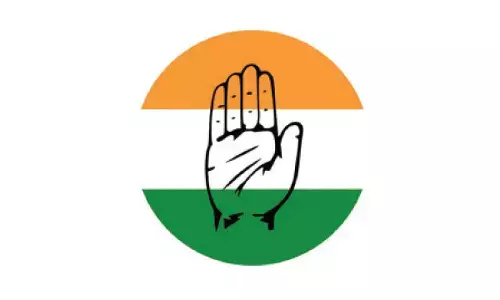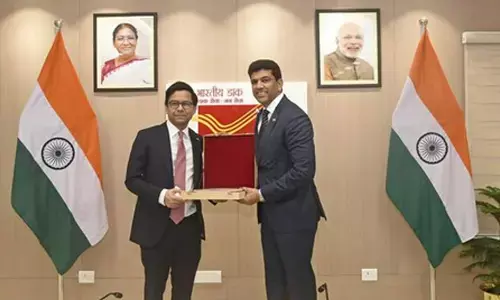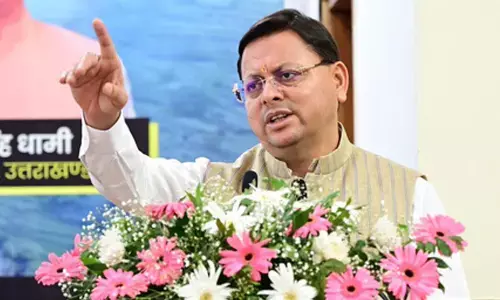Tirupati: Awareness on breastfeeding has a long way to go

Representational image
- Three in every 5 babies in the world are not breastfed in the first hour of birth
- Low and middle income countries fare better than high income nations in breastfeeding performance
Tirupati: Breastfeeding is the best feeding for a newborn baby and breast milk is a good way to improve their nutrition, health and wealth for the development of children.
Yet, the data reveals that it still has a long way to go as 3 in every 5 babies across the world are not breastfed in the first hour after birth while 820,000 children could be saved annually with better breastfeeding rates from months 0 to 23.
Shockingly, in high income countries, more than 1 in 5 babies are never breastfed which is in contrast with low and middle income countries where nearly all babies are breastfed. As only 41 per cent of infants under six months are exclusively breastfed worldwide, the World Health Organisation (WHO) has set a goal to take it to 50 per cent by 2025.
Disclosing various factors relating to breastfeeding, Professor and Head of the Department of Paediatrics at SV Medical College Dr A S Kireeti told The Hans India that it is good for both mother and infants. "Breast milk protects the children from infection and it helps the mothers to enable the uterus to contract and bleeding to cease after delivery," he explained.
Although progress has been achieved, the work to protect, promote, and support breastfeeding became more of a challenge in the wake of the Covid-19 pandemic. In addition, limitations to the health system's capacity led to deterioration of breastfeeding support and targeted outreach by the breast milk substitutes industry continues to negatively influence parents' infant feeding decisions.
Every year the World Breastfeeding Day is observed on August 1 while the week is observed from August 1 to 7. The theme for this year's World Breastfeeding Week (WBW) is "Step up for Breastfeeding: Educate and support" which underlines the focus on strengthening the capacity of actors that have to protect, promote and support breastfeeding across different levels of society.
The main objective of this year is to inform people about their role in strengthening the warm chain of support for breastfeeding.
Dr Kireeti said that the WHO and UNICEF recommend that children initiate breastfeeding within the first hour of birth and be exclusively breastfed for the first six months of life which means no other foods or liquids are provided including water. Infants should be breastfed on demand, which is as often as the child wants, day and night. No bottles, teats or pacifiers should be used. From the age of six months, children should begin eating safe and adequate complementary foods while continuing to breastfeed for up to 2 years and beyond.
In India as per the national family health survey-5 data, there was a significant improvement in exclusive breastfeeding till six months of age at 63.7 per cent from the previous 54.9 per cent. Dr Kireeti has said that the Department of Paediatrics will be organising various programmes during the period August 1–7 to raise awareness on the importance of breastfeeding.








